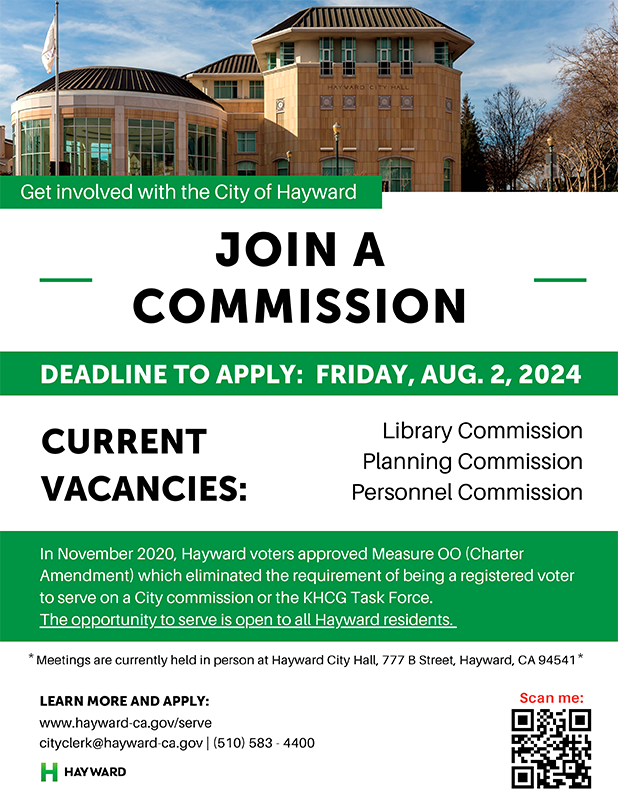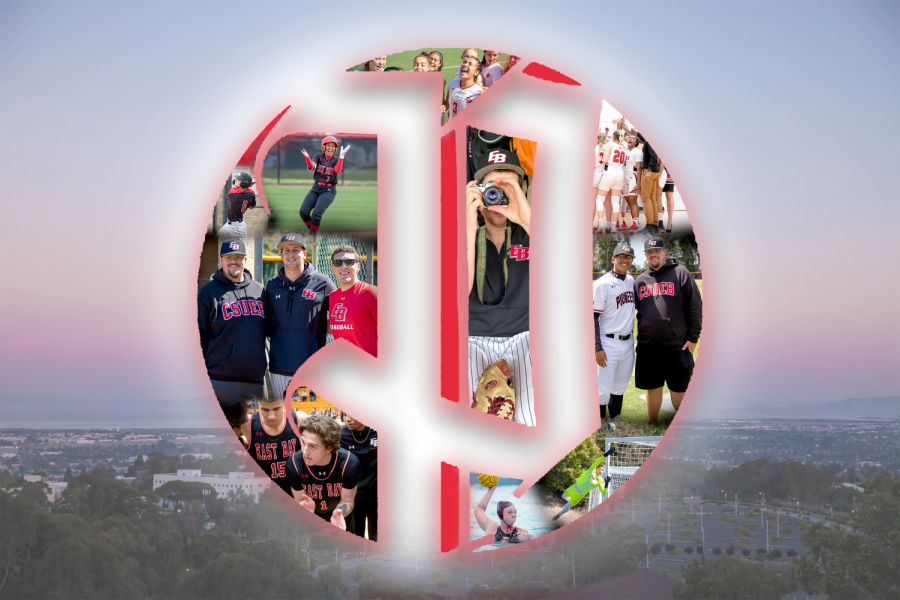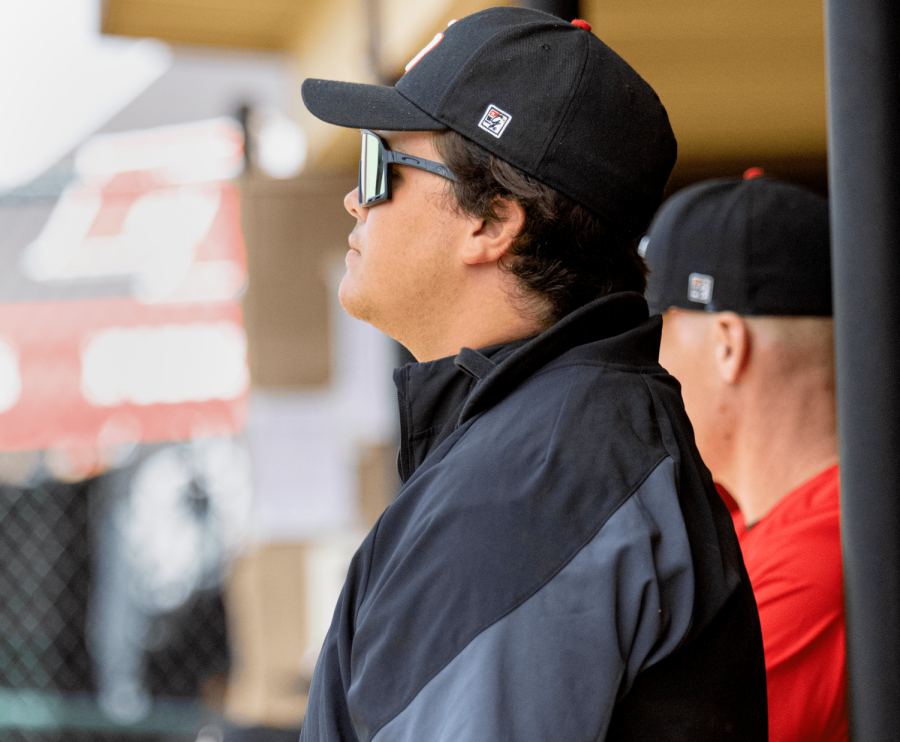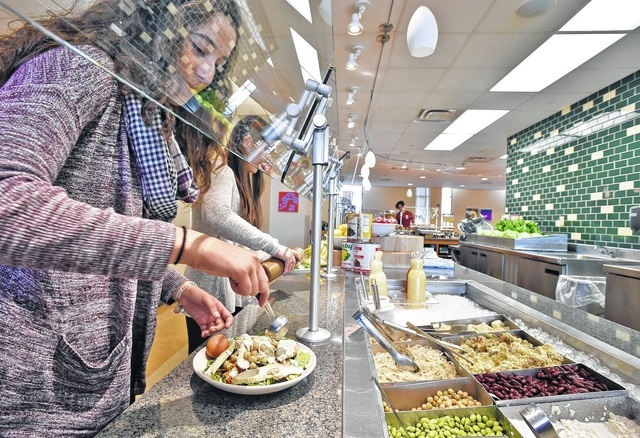
poses for a picture.
A day intended to be about music and rich blues history was buried in reports of an unfortunate attack that resulted in Lester Chambers being admitted to the hospital for bruised muscles and nerve damage.
Hours before George Zimmerman’s acquittal on charges for manslaughter and second degree murder, Chambers, 73, from the Chamber Brothers, was assaulted on stage in Hayward by Dinalynn Andrews Potter, 43.
Andrews Potter jumped on stage and attacked Chambers after he dedicated Curtis Mayfield’s “People Get Ready,” to Trayvon Martin, recalls Ronnie Stewart, Bay Area Blues Society Executive Director. He explains the woman hopped up onto the stage and charged Chambers while yelling repeatedly, “You started it!”
The disturbance halted the festival for a brief moment, while members of the band removed the crazed and rowdy woman from the legendary blues star and took her off stage.
“We’re trying to make sure that the people of Hayward and the people who came don’t ever think that’s indicative to us,” explains Stewart. “We’ve never ever, ever, had an incident like that.”
No one stopped the woman because they thought Andrews-Potter was a sound tech, said Stewart. This assumption quickly became obviously inaccurate and members of Chamber’s group pulled her off, dragging her from the stage before being arrested. The Chambers family is pursuing hate crime charges against Andrews-Potter.
Chambers’ story gained national attention from the media, touching the waves of NPR and flickering across Yahoo!’s main news page, overshadowing the event and deterring from the rich and long history of the Russell City Blues community.
Yet, the incident reminds Chambers of a time that he was attacked on stage playing for Johnny Cash. “There was that kind of motivation from the person that did the attack that registered way back then,” Chambers said.
The times have changed for the better, said Teddy “Blues-Master” Watson, one of the Bay Area Blues Society’s oldest members.
“It was a whole lot different than it is now,” said Watson, who has been a member for over 40 years, comparing the prior time period and lifestyle to now.
The festival is in part named after Russell City, an unincorporated area in Hayward, paying tribute to the sounds of blues originating from the now industrialized area, according to Stewart.
In 1962, the land was dubbed eminent domain for the construction of I-880 and Industrial Parkway, removing residents from their homes.
Today, the only traces of Russell City are the sweet smooth sounds left behind from the once thriving, jiving city.
“Russell City is a landmark on the map of American’s contributions to world culture, giving Hayward a unique musical legacy reflecting the African-American experience,” the Bay Area Blue Society website stated.
Situated on Russell Road beyond the train tracks, was Russell City Country Club which showcased big names in the scene such as Big Joe Turner and Big Mama Thornton, whose raspy voices emanated out of the dirt floor bar during the 1960’s.
The destination became the stomping ground for some of the most famous musicians of the 40’s, 50’s and 60’s such as Ray Charles, creating a melting pot of Arkansas, Louisiana and Texas blues sounds, according to the Blues Society’s website.
The post-war American Blues began a new life form as “horns replaced the harmonica,” changing the sounds from Delta Blues to West Coast Blues, a unique form that can be traced to the Bay Area and more specifically, Russell City.
The festival must go on, and the history of the unique sound of west coast blues should not be forgotten or looked over because of one erratic incident.
“I would like to say to the entire world that love plus peace equals happiness. It’s all positive, you know?” said Chambers in an interview. “It’s not about a train-a-comin’, the train has come and is gone. But the memories of that live on today; we have to live and know that love plus peace equals happiness.”












